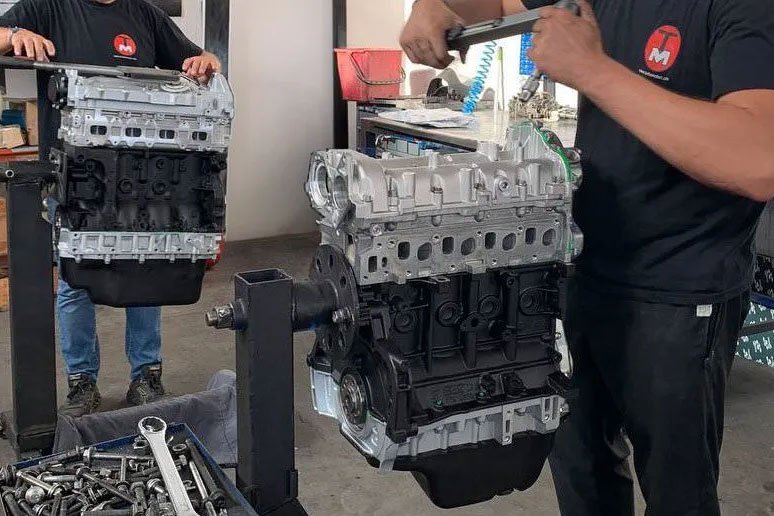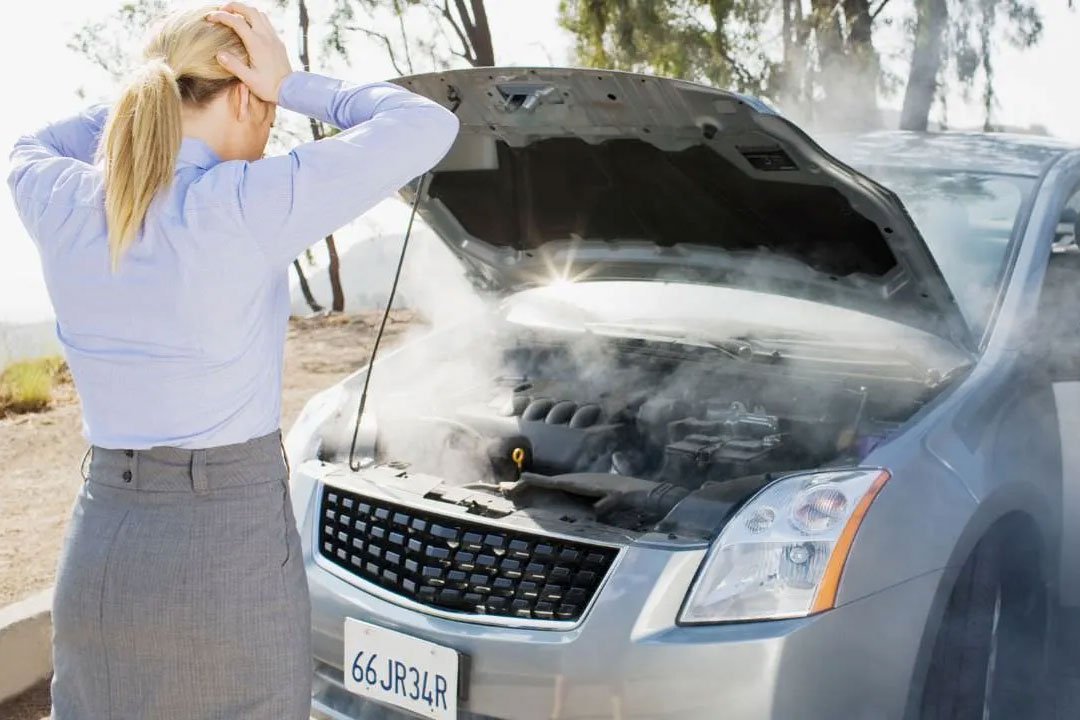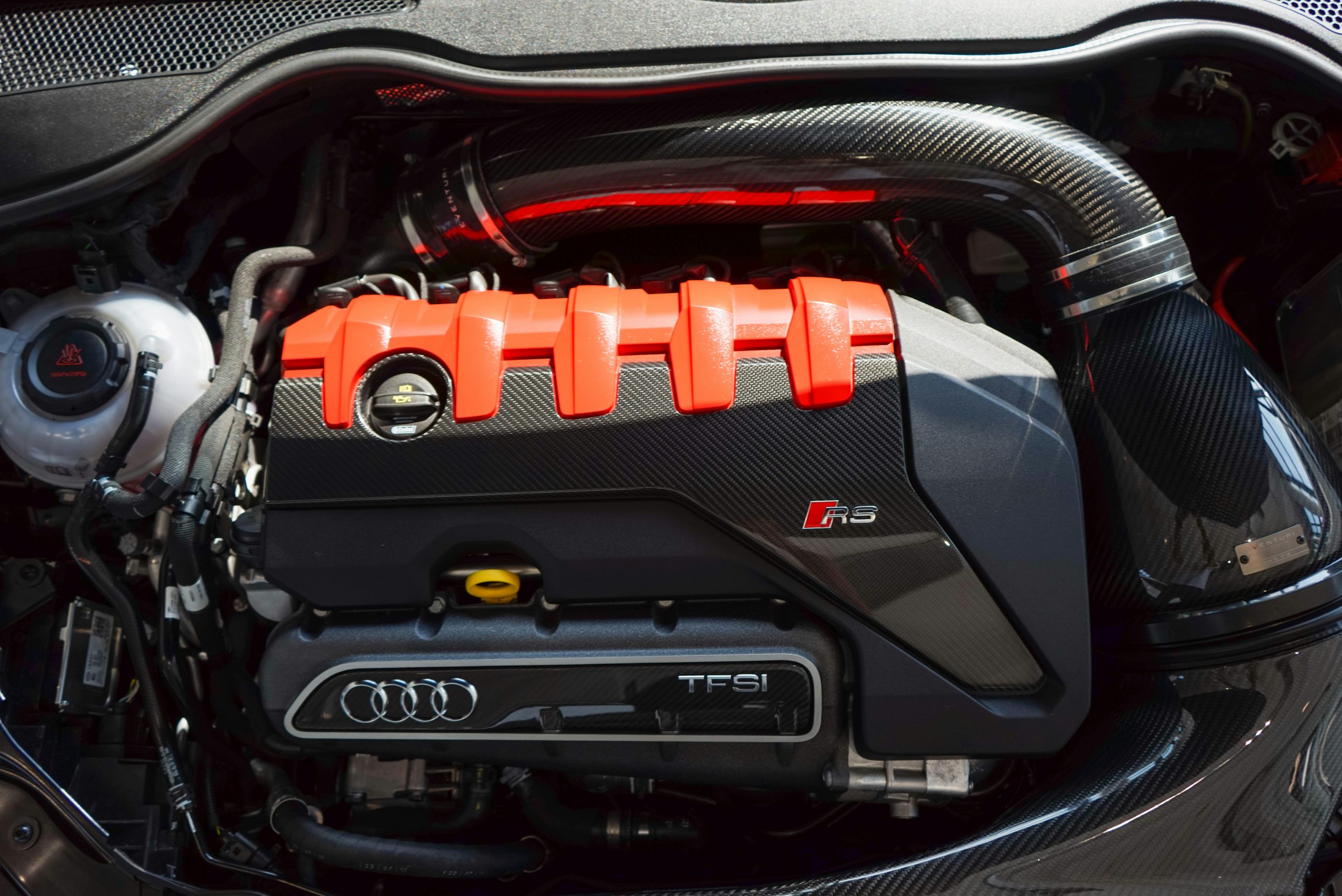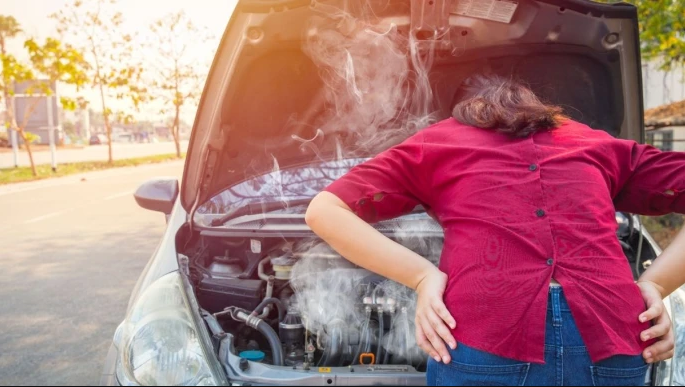The internal combustion enginealso known as combustion engineis a machine that converts the chemical energy of a mixture of air and fuel into mechanical energy. This energy can be used in a variety of contexts.
In the operation of this engine, the fuels typically used are hydrocarbons such as petrol, diesel, LPG or methane. Oxygen in the air plays the role of an essential comburent for the reaction.
The combustion chamber is the heart of the engine, where the transformation of chemical energy into mechanical energy takes place. In four-stroke engines, the most common, gases are drawn in through specific valves and compressed when these close. This compression prepares the ground for combustion: the gases expand, generating pressure that pushes the piston down.
This movement of the piston acts on the connecting rod, which in turn puts the crankshaft into rotation. As the piston rises, it expels gases through the exhaust valves, closing in preparation for a new intake phase.
Engines can be divided into two main categories:
- at controlled ignitionwhere combustion is triggered by a spark;
- at spontaneous ignitionsuch as diesel engines, where combustion occurs spontaneously due to favourable pressure and temperature conditions in the combustion chamber.
In terms of utility, the internal combustion engine plays the crucial role of transforming the chemical energy contained in air and fuel into mechanical work. This mechanical power is essential in numerous applications, including vehicle propulsion and power generation in a variety of sectors.









